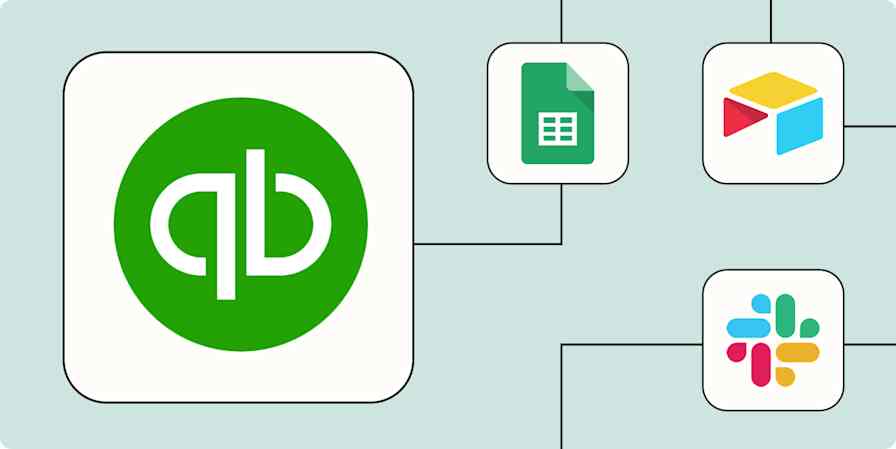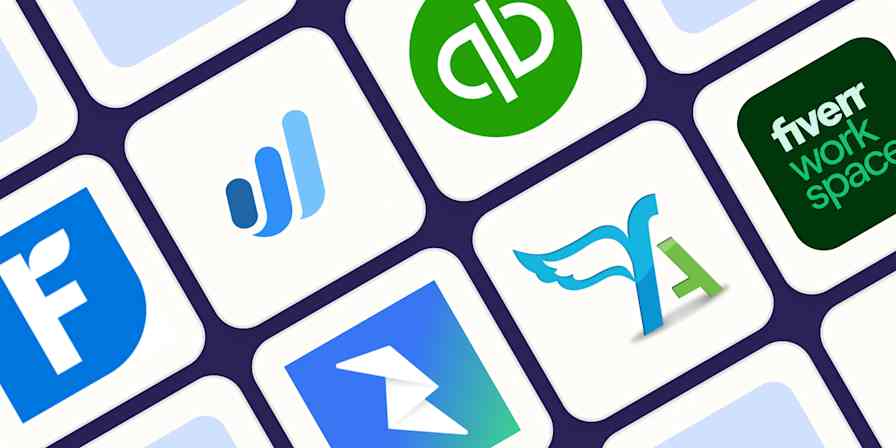Business tips
6 min readWhy we ditched our accounting software for a bookkeeper
By John Ross · March 29, 2021

Get productivity tips delivered straight to your inbox
We’ll email you 1-3 times per week—and never share your information.
Related articles
Improve your productivity automatically. Use Zapier to get your apps working together.








